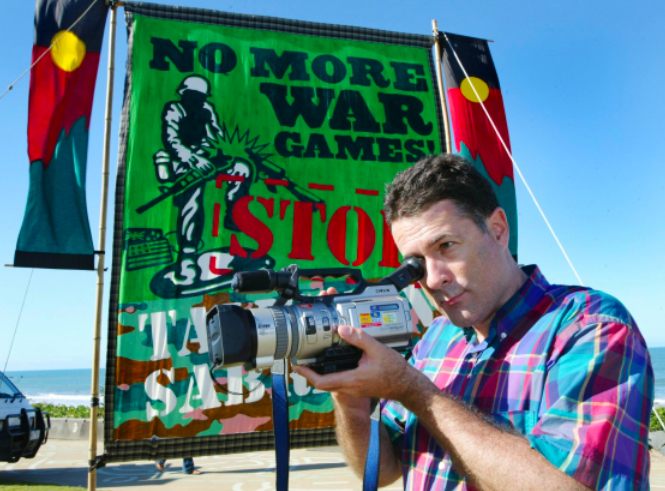Peace journalism: “shows backgrounds and contexts of conflicts; hears from all sides; explores hidden agendas; highlights peace ideas and initiatives from anywhere at any time”. It has been embraced and practiced by scholars and journalists because of these features.
Aren’t these important indicators laid out by Professor Johan Galtung merely extensions of objectivity, impartiality and fairness in news principles? But why has peace journalism aroused numbers of criticisms since it was proposed? The point is, during war time, these worshipped western news values become nonexistent. As Philip Hammond commented when discussing the western media’s report of Bosnia and Rwanda:
“Contemporary human rights journalism involves suppressing inconvenient information, distorting public understanding of conflicts, applauding the death of designated western hate-figures, and ignoring evidence of the destructive effects of western involvement.”
In addition, western news culture focuses on negativity—on catastrophes and violence over perceived happy stories—and immediacy, which means reporting the war as quickly as possible. However, the peace process is complicated, it takes time to unfold and develop, while journalists demand simplicity, immediate results, emphasis on events rather than process. As a result, they turn politics into melodrama, and the war and conflict are easily presented as a series of dramatic events.
Peace journalism is criticized as ideal and unrealistic, does it mean the news principle of objectivity is unrealistic? As a journalist, I should admit it is hard to achieve and absolute objectivity is almost impossible, but the key is to try. As long as you are trying to be objective and your audience knows you are trying, then the contract between you is intact.
Actually, correspondents also question the so-called “objectivity” during war. CNN correspondent Christiane Amanpour said “the classic definition of objectivity can mean neutrality, and neutrality can mean you are an accomplice to all sorts of evil.”
McGoldrick and Lynch think, peace journalism is positive journalism, which can influence the way an audience thinks and feels. Instead of focusing on cruel images and miserable victim stories, it suggests journalists should try to look at what lead to consequences and its possible solutions, and avoid victimizing language. Theoretically speaking, could peace journalism be more appropriate to news culture in China?
Firstly, Chinese journalism culture concentrates on bringing “positive energy”, which means bringing benefits to the wellbeing of society, although sometimes it may neglect objectivity; Secondly, China always holds a neutral stance in international affairs and never involves itself in wars, so in terms of war reporting, it is more likely to interview both sides impartially; As a peace-loving country and an important world political power, China engages in peace negotiations in conflict zones, peace talks are frequently reported.
Besides, it seems that native journalists from conflict areas are more likely to frame peace journalism during the period when the related sides are attempting negotiations, especially under international pressure for a peace treaty. According to a study by Seow Ting Lee and Crispin C. Maslog, there is an obvious shift from war journalism framing to peace journalism by Sri Lankan papers after the December 2001 ceasefire agreement. It could be seen that although a country’s media is not likely to remain neutral in a conflict involving its government, context does influence the news reporting.








